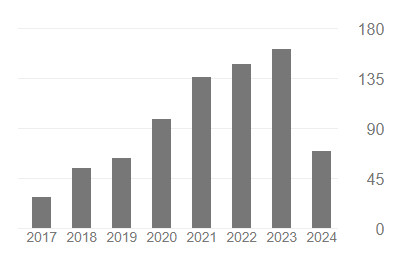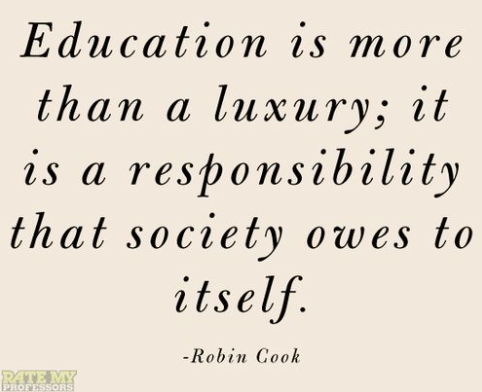TEACHING PHILOSOPHY

As an educator, my primary aim is to make learning enjoyable, valuable, and accessible to all students. I believe that students learn best through hands-on activities and practical applications of theoretical knowledge. Most of the subjects I teach require students to engage in real-life case studies and practice scenarios, which I find to be the most effective way to cement their understanding and skills.
I teach not just from textbooks but also by incorporating projects I have developed and drawing on my extensive past experiences as an auditor, accountant, forensic specialist, practitioner, entrepreneur, postman, and warehouse assistant, among other roles. Utilizing real-world examples makes the subject matter more relatable and easier to grasp. My passion for teaching drives me to remain energetic and excited about the subjects I teach, and I strive to relay this enthusiasm to my students. I select projects and discussion topics that are not only relevant but also interesting to the current group of students.
Creating a creative and stimulating learning environment is crucial. In my courses, I treat students as professionals in their respective fields: auditors in auditing classes, financial analysts in financial accounting classes, business advisors in corporate governance and risk management classes, and fraud specialists in forensic audit classes. This approach helps students see themselves in these roles, enhancing their engagement and understanding. I employ a variety of teaching methods to involve students actively, rather than relying solely on lectures. Surprise quizzes and interactive activities ensure that students are prepared and fully understand the material.
I am a proponent of Blended and Green Learning. All learning materials are available online through platforms such as UUM Online Learning, Facebook Groups, and Telegram. Assignments are submitted online as part of our campaign to save the planet, fostering a sustainable learning environment.
My guiding principle is simple: "Do… or do not. There is no try." This philosophy encourages students to commit fully to their learning journey and strive for excellence.
"Shaari: Master, moving stones around is one thing. This is totally different.
Mansour: No. No different. Only different in your mind. You must unlearn what you have learned.
Shaari: All right, I'll give it a try.
Mansour: No. Try not. Do… or do not. There is no try."
Google Scholar Citations
Citations according to Google Scholar: 825 (h-index: 17)

Courses / Teach
INTERNATIONAL
Fundamentals of Financial Accounting
Quantitive Analysis
Cost Accounting
Principles and Practice of Auditing
Financial Accounting I
Taxation
Management Information Systems
Financial Accounting II
Management Accounting
Public Sector Accounting & Finance
Business Communication and Research Methodology
Financial Reporting & Audit Practice
Strategic Finacial Managment
Tax Management & Fiscal Policy
Multi-Disciplinary Case Study
POSTGRADUATE
Research Methodology
Seminar in Accounting Information Systems
Information Technology for Managers
Financial Modelling
IS Control and Audit
UNDERGRADUATE
Seminar in Accounting Information Systems
Business Application using Spreadsheet
E-Commerce in Accounting
Project on AIS Development
AIS Management
Database Management Systems
System Analysis & Design
Programming of Accounting Package
Advanced Accounting Information Systems
Introduction to Accounting Information Systems
Web Design & Applications
Management Accounting
Auditing
Business Accounting
PhD Related Resources







